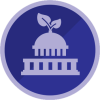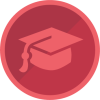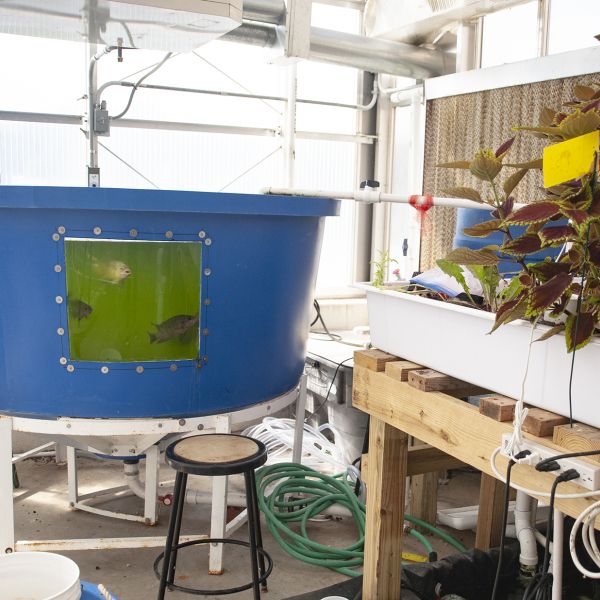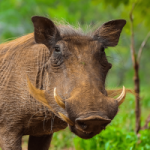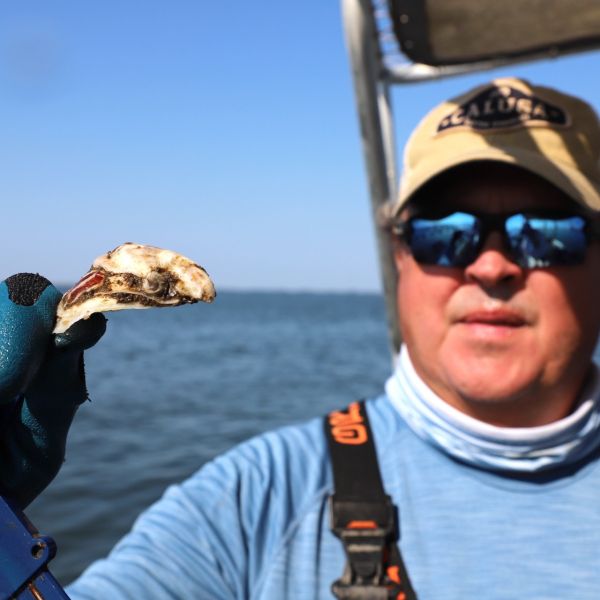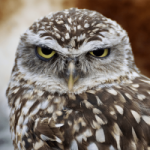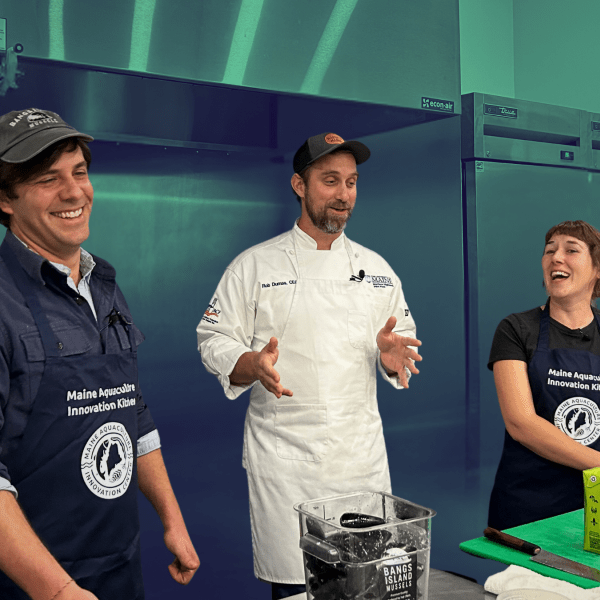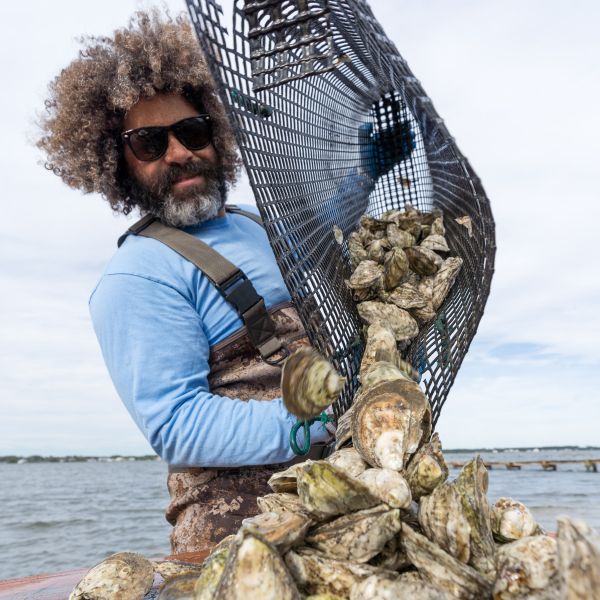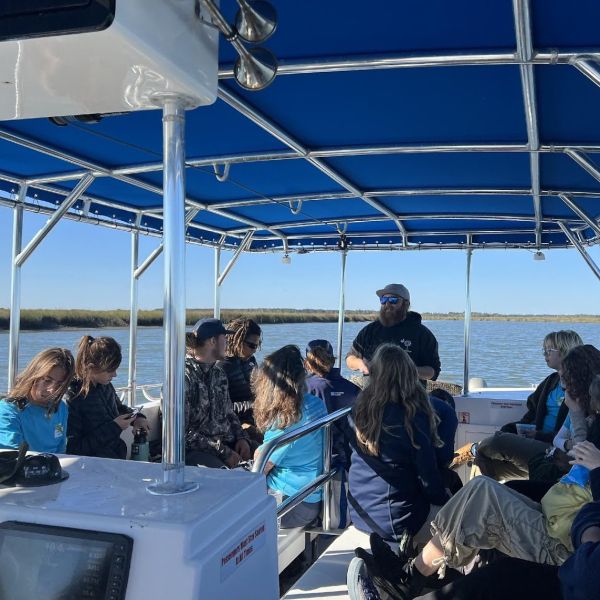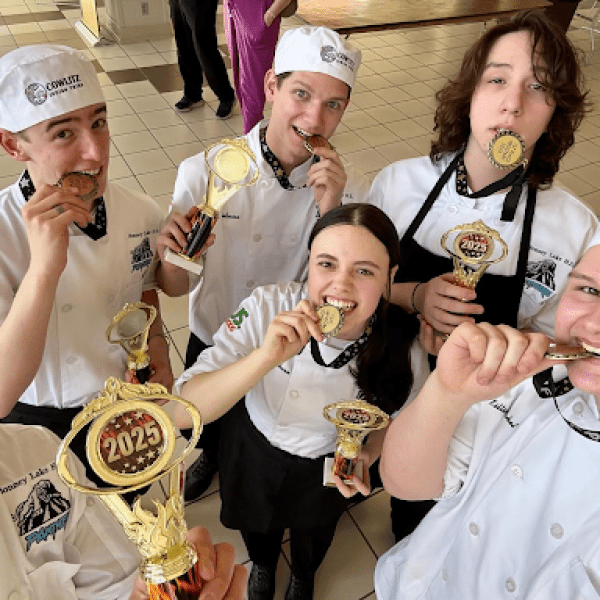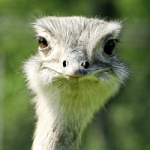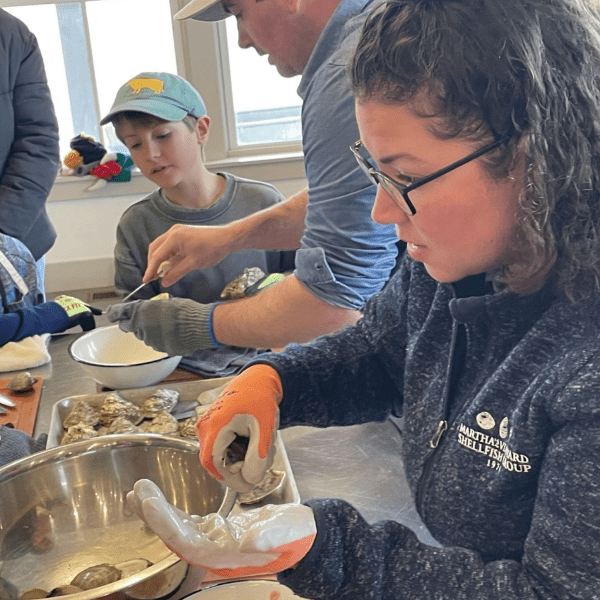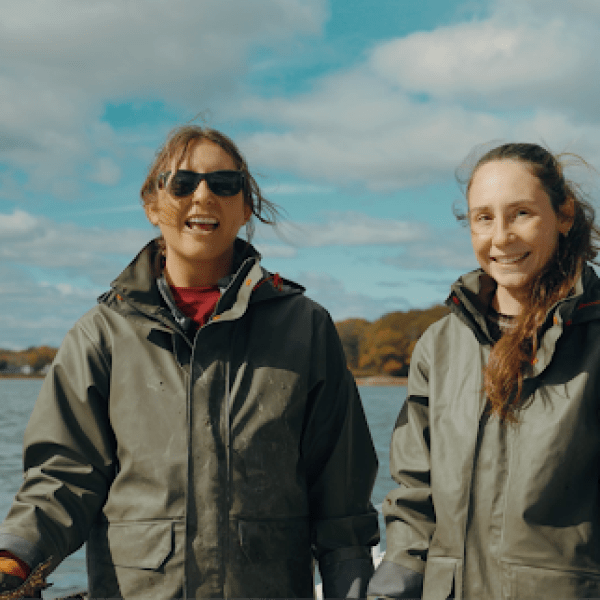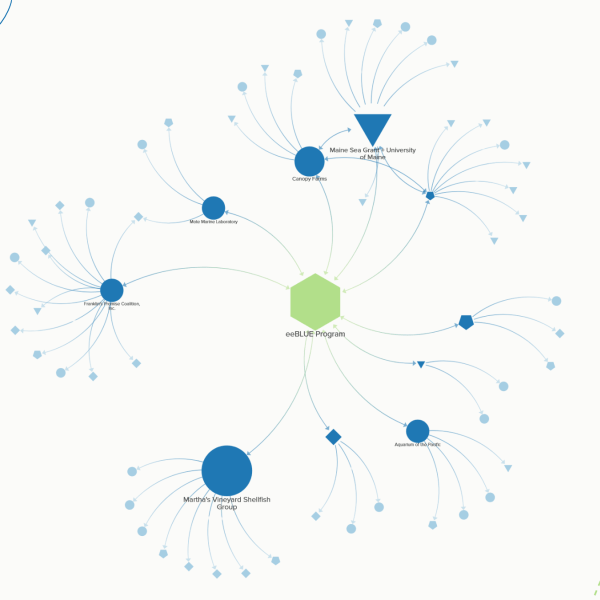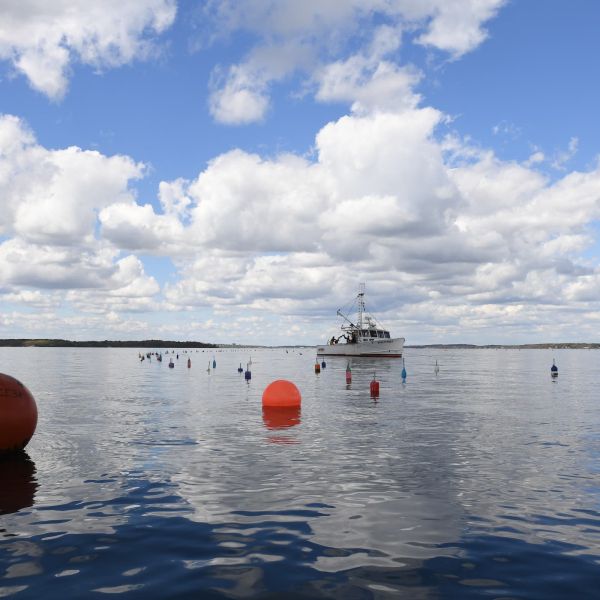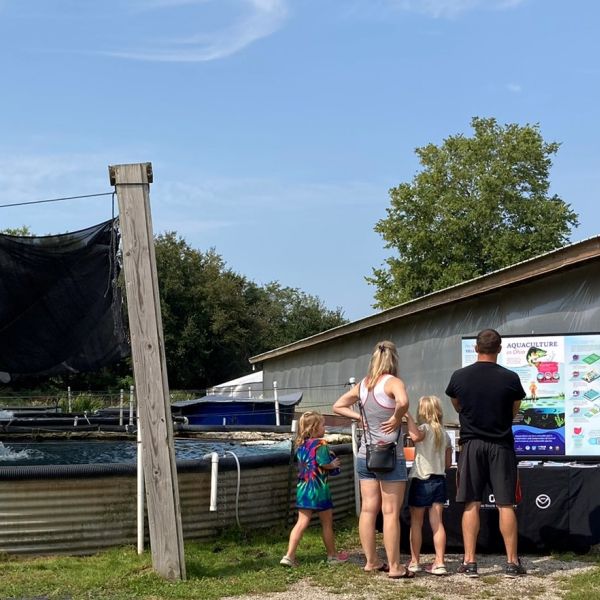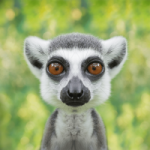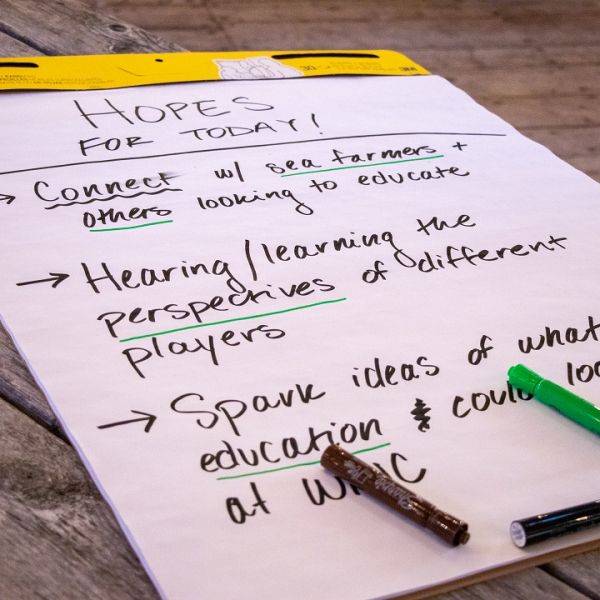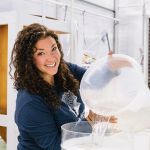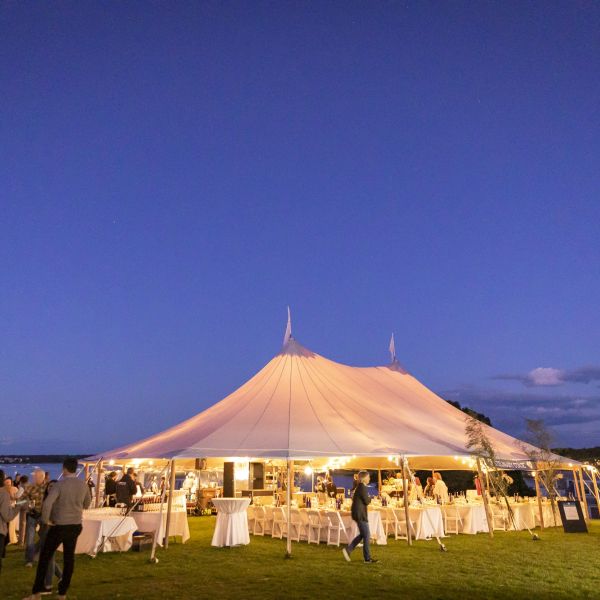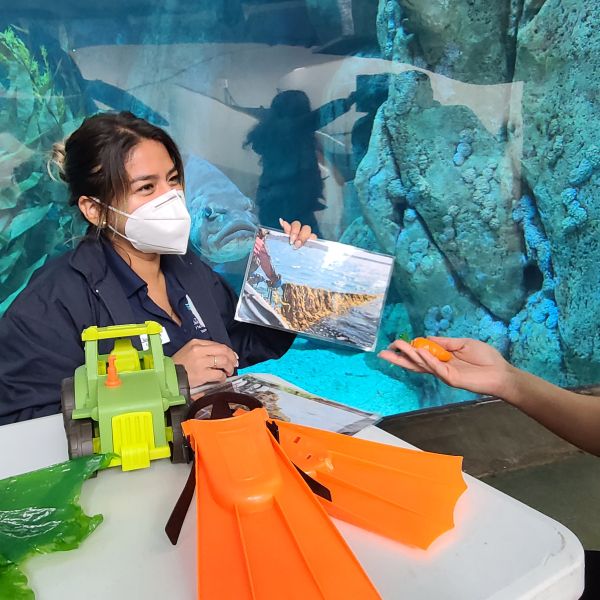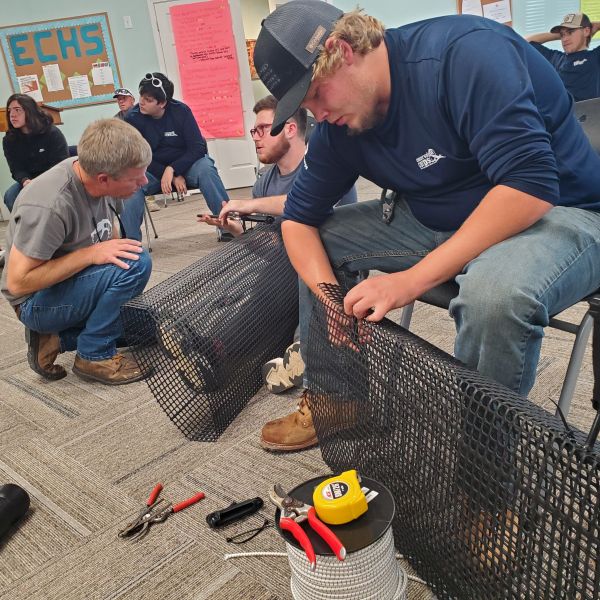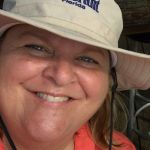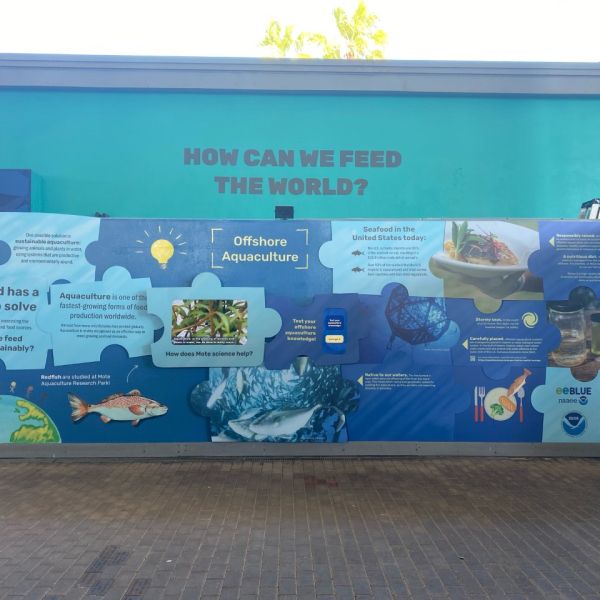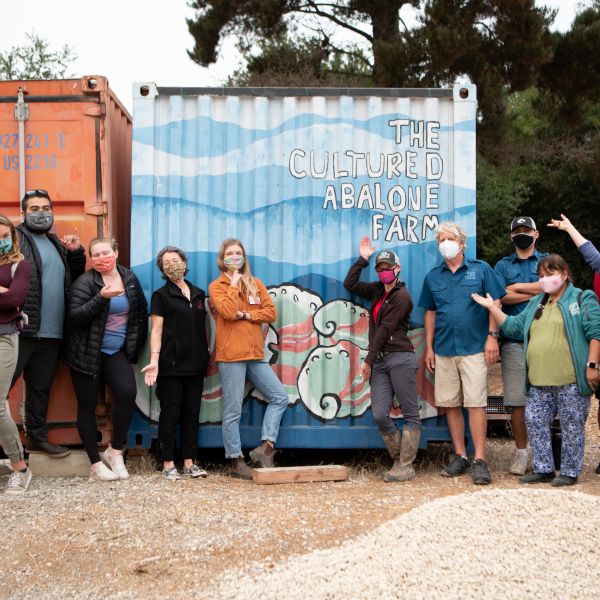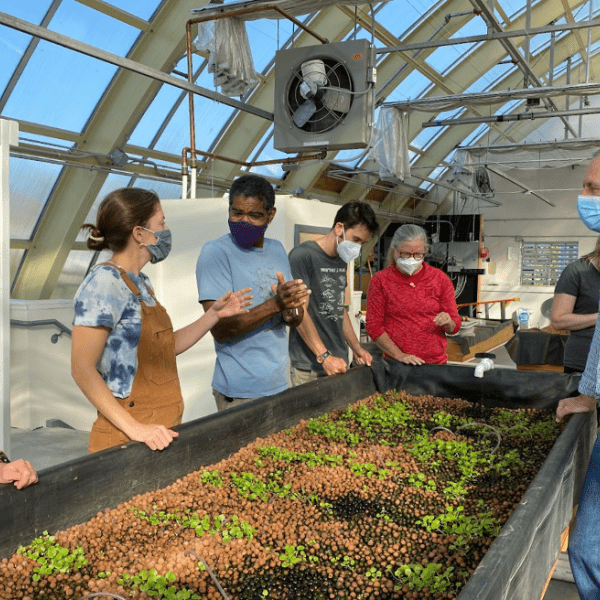eeBLUE Blog Series: Harvest Stories
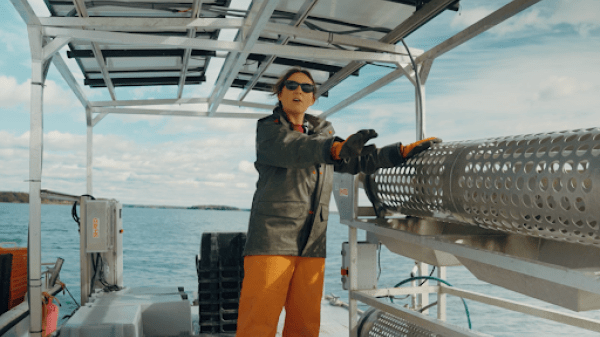
With the eeBLUE Aquaculture Literacy Mini-Grant program, NAAEE is supporting partnerships with the common goal of aquaculture literacy set by the National Oceanic and Atmospheric Administration’s (NOAA) Office of Education, the National Marine Fisheries Service (NMFS), and the National Sea Grant Office. The mini-grants awarded provide more than just financial support; they catalyze innovative educational experiences focused on aquaculture topics and promote public aquaculture literacy. These grants empower nonformal learning institutions (like aquariums), the aquaculture industry (such as shellfish, finfish, and seaweed farmers), and NOAA partners to make a tangible impact on our understanding of aquaculture. From "Agriculture in Aquaculture” to "Empowering Ocean Stewards," these grantees are helping to support a blue planet!
"But as the project grew, new partnerships formed, ideas flowed, and before long, the team had created something far bigger than they first imagined." —Chris Flight at Maryland Sea Grant
"Setbacks like these won’t stop us from creating innovative, engaging learning experiences." —Leah Biery at Tampa Bay Watch
"But this isn’t just about recipes (though the kelp puttanesca is a must-try!). It’s about building a deeper connection between the public and Maine’s working waterfront." —Emily Whitmore at Maine Aquaculture Innovation Center
"The teachers’ excitement as they encountered cultivated sea urchins, algae, tropical fish, and other marine organisms will inspire them to bring lessons learned back to their classrooms." —Jane Harrison, Ph.D. at NC Sea Grant
"Complete with an in-depth lesson on the sustainable impacts of these aquaculture farms, as well as how oysters themselves help strengthen South Carolina coastlines, these teens got a firsthand, immersive glimpse into the world of sustainable seafood." —Claire Filaski at the South Carolina Aquarium
"The BLHS culinary team's continued success is a testament to the value of experiential learning, innovative teaching methods, and a focus on understanding and implementing sustainable ocean-farmed ingredients." —Lisa and Mark Tagal at IBSS Corp.
"Building connections between today’s young people and the scientific understanding essential to support aquaculture is crucial to our work."—Nina E. Ferry Montanile, Education and Outreach Manager at Martha’s Vineyard Shellfish Group, Inc.
"For our Saltwater Classroom team, smiles spread across our faces, having had the opportunity to get out on the water, experience Amy and Alicia’s day-to-day, and learn some things ourselves." —Lexi Doudera, Founder and Executive Director at Saltwater Classroom
Grantees of the eeBLUE Aquaculture Literacy mini-grant program built diverse, collaborative networks in ten communities across the United States, advancing aquaculture literacy and building power to advocate for aquaculture from coast to coast.
"This work is helping to ensure that our coastal communities can continue to remain who we’ve always been—people who work on the water—and see seaweed farming as a tool for these communities, who are some of the most effected, to thrive in the face of climate change." —Jesse Baines, Chief Marketing Officer at Atlantic Sea Farms
"Can a better understanding of this industry improve the ability of businesses to expand, diversify, and succeed in aquaculture? Certainly, the future of aquaculture is complicated, but stories can contribute to understanding." —Nicole Wright, Aquaculture Extension Educator and LEARN Coordinator at Ohio Sea Grant
"Oyster aquaculture is a growing industry and is new to the state of Georgia. In 2019, new legislation was passed that allowed oyster aquaculture leases to become established. To help increase awareness of this new industry throughout the state, the University of Georgia Marine Extension and Georgia Sea Grant partnered with the Georgia Aquarium and Oyster South to develop a mobile display to be used to teach on-site and off-site groups." —Thomas Bliss, director of Marine Extension and Georgia Sea Grant’s Shellfish Research Laboratory and Dodie Sanders, marine educator at Marine Extension and Georgia Sea Grant
"In Maine, aquaculture is a growing component of our working waterfronts, and teachers and sea farmers are working together to link classrooms to the coast, create new educational programming, and build job pathways on the water for younger generations." —Jaclyn Robidoux, Marine Extension Associate at Maine Sea Grant
"Chefs shared their culinary passions on the demonstration stage, and aquaculture advocates discussed a variety of topics from the origins of shellfish aquaculture in New England, to kelp culture, to how shellfish aquaculture can mitigate the effects of climate change. There were oysters and smiles at every turn." —Emma Green-Beach, Executive Director and Shellfish Biologist at Martha's Vineyard Shellfish Group, Inc
"Ocean Farmers has provided a wonderful opportunity to develop evaluative thinking and aquaculture literacy among education staff, as well. Sorting activities were facilitated by a full range of educators, from entry-level interpreters with only a few weeks’ experience, to managers with decades of experience." —Emily Yam, Director of Learning and Public Engagement at the Aquarium of the Pacific
"The people here are integrally linked to Apalachicola Bay and its rich resources. However, after several years of changing water conditions, the wild harvest oyster industry collapsed and was declared a fisheries disaster in 2012. Numerous efforts are being employed to bring back the natural oyster beds, and oyster aquaculture has helped sustain this region so well known for its oysters." —Dr. Marcy Cockrell, biological administrator at the Florida Department of Agriculture and Consumer Services Division of Aquaculture, and Anita Grove, Coastal Training Program Coordinator at the Apalachicola National Estuarine Research Reserve
"Name something that is 30 feet long and 9 feet high and teaches us something about the ocean. The mind drums up visions of Orcas and giant squid, but these are the dimensions of the colossal new Offshore Aquaculture exhibit at the Mote Marine Aquarium in Sarasota, Florida." —Laura Tiu, Ph.D., UF/IFAS Florida Sea Grant
"While the Sea Center staff work in the field of marine science and science education, many were unaware of the scale at which aquaculture facilities can operate and do so in a sustainable manner. Yet, the Sea Center practices abalone aquaculture on a small scale every day!" —Devin Spencer, Hatchery and Production Manager at TCAF
"As education and community involvement have become increasingly virtual, these hands-on events have provided participants with an opportunity to connect with local businesses, industries, and each other in a safe and meaningful way." —Kate Holcomb, Co-Founder/Director, Canopy Farms L3C, and Theo Willis, Owner at Kaskalos Sea Vegetables


